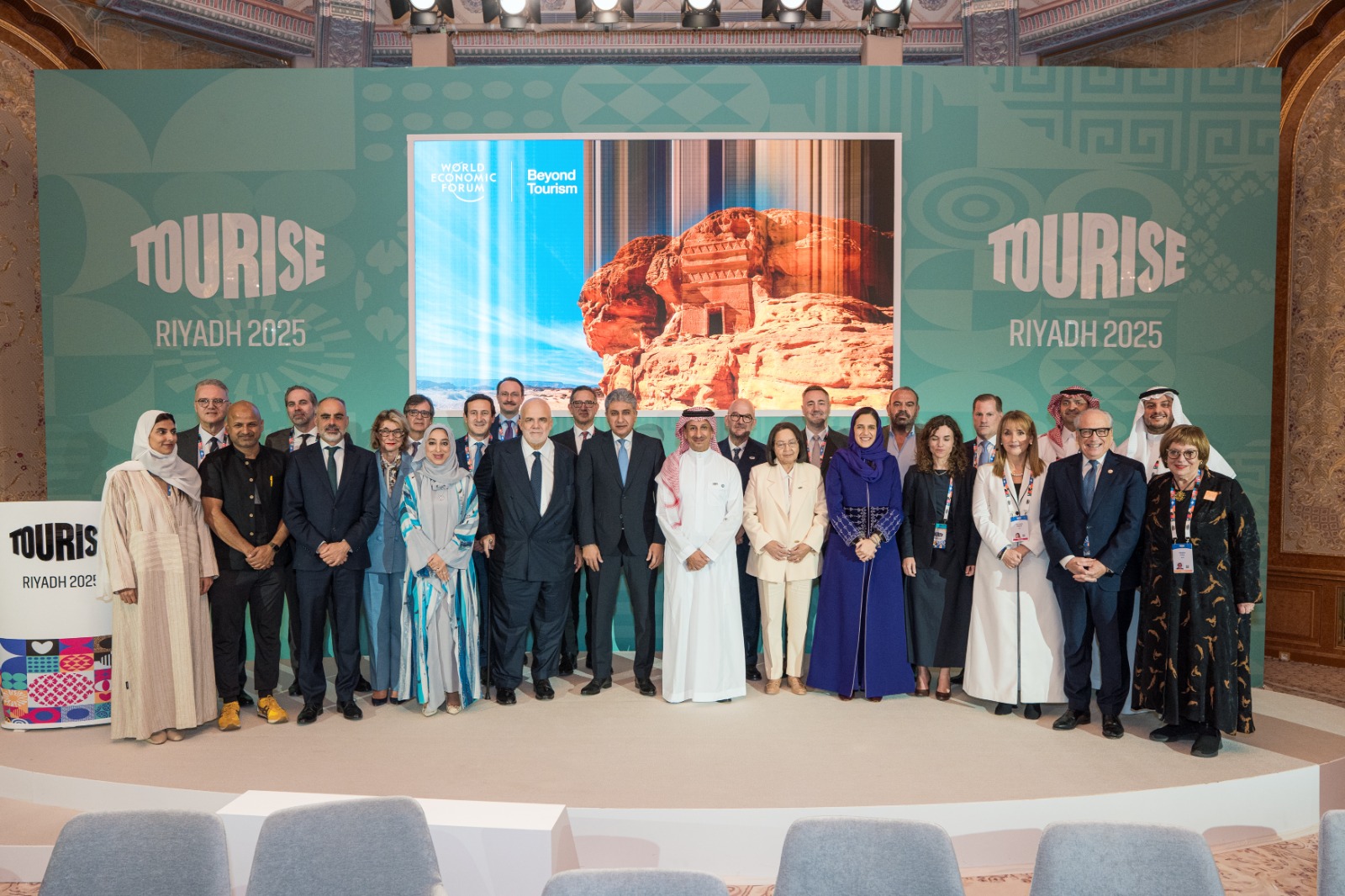
Raja Furqan Ahmed
Islamabad :Rahimullah Yusufzai, renowned Pakistani journalist, war correspondent and expert on Afghan affairs said that there is no military solution in Afghan issue. The war is a huge embarrassment for the superpower USA and NATO.
He was speaking in a webinar organized by Muslim Youth University (MYU), International Relations department titled “Peace Process in Afghanistan: Current Developments and Their Impact on Pakistan-Afghanistan Relations.”
Yusufzai said that although Afghanistan-Pakistan is physically so close to each other but politically they are far away. Pakistan will benefits if peace returns to Afghanistan after 42 years of conflict fallout. Pakistan is a key facilitator along with Qatar. He said that the US, Taliban praised Pakistan for facilitating peace talks. Pakistan role in Intra-Afghan talk is a peacemaker. Yusufzai added that the Afghan soil is used against Pakistan. According to the United Nations, 6500 militants based in Afghanistan pose threat to Pakistan.
The US loses nearly $2 trillion and losing 2400 soldiers during the Afghan war. The US legitimized the Taliban by talking to them directly and keep the Kabul government out, he said.
Yusufzai also talked about the spoiler that India is the leading spoiler in the Afghan conflict. Indian R&AW and Afghan NDS are very close to each other. He said that Iran can be a spoiler but will choose not to do. It opposes Doha deal but will be happy if US forces are gone.
He further added that Afghan President Ashraf Ghani is the biggest hurdle to peace. Ghani is using delaying tactics to remain power. He urges that the Taliban also needed to compromise on the Islamic Emirates of Afghanistan as a system of government.
Earlier, in his welcome remarks, vice-chancellor Muslim Youth University Dr Syed Tahir Hijazi welcomed the distinguished speaker, laying out the agenda for the discussion.
While presenting the Vote of thanks and concluding remarks Dr Muhammad Munir, Head of Department International Relations thanks the guest speaker for sharing their opinion.
It was attended by more than 100 participants from civil society, media professionals, academia, international organisations and students.







